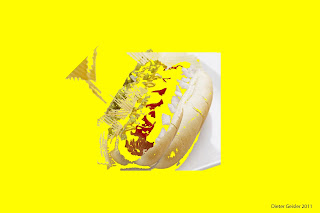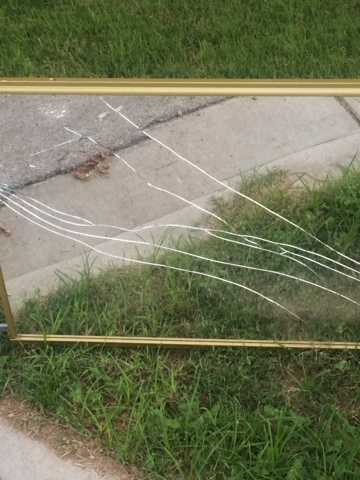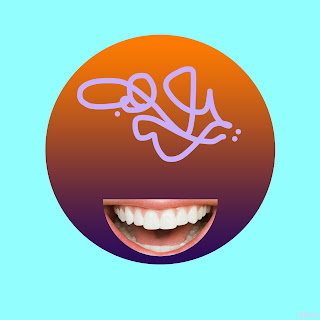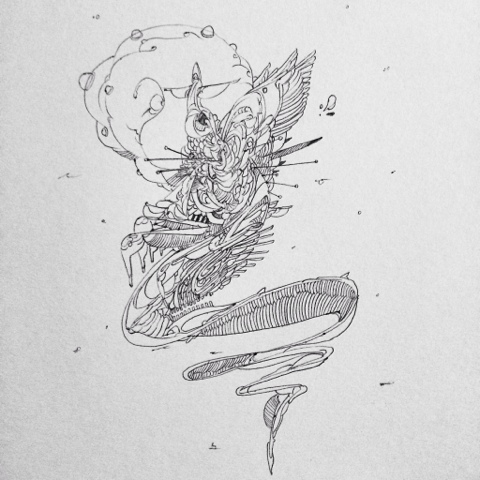Search This Blog
Explorations and Investigations with original comics, sketches,ideas and more. ( content by: Dieter Geisler ) www.dietergeisler.com
Posts
Showing posts from May, 2016
The Winner Loser False Dichotomy
- Get link
- Other Apps
But what if you smile too much?!
- Get link
- Other Apps
You know that's just my opinion...
- Get link
- Other Apps













